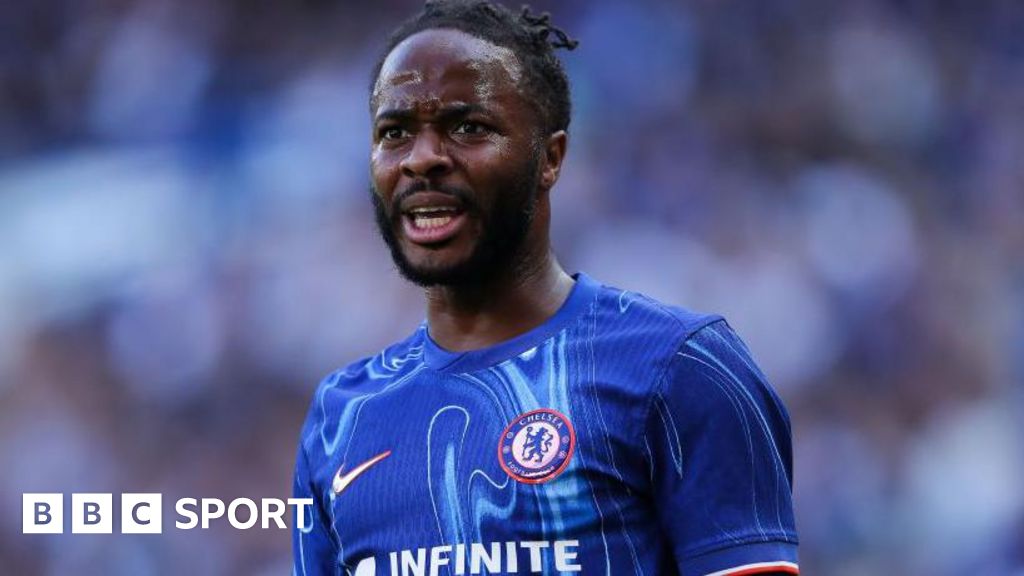Raheem Sterling started transfer deadline day staring into oblivion as a member of Chelsea’s exiled ‘Bomb Squad’ but ended it back in the chase for major prizes at Arsenal.
Gunners manager Mikel Arteta’s surprise loan move for the former England forward was probably the most eye-catching deal to go before the window closed, and signalled a swift and dramatic change in fortunes for Sterling.
Until Arsenal made their move, the 29-year-old was facing the prospect of spending months as an expensive outcast at Stamford Bridge – condemned to train away from the first team as the most high-profile victim of Chelsea’s apparently chaotic transfer policy under owner Todd Boehly’s Clearlake group.
But he has been rescued from a career in cold storage by Arteta, who worked with Sterling at Manchester City when he was assistant to Pep Guardiola.
Arteta’s belief that Sterling can add an extra dimension to Arsenal’s attack gives the forward an unexpected chance to reverse a decline in fortunes from the first poster boy of Boehly’s Chelsea regime to being told he had no place in new manager Enzo Maresca’s plans – warned he would “not get any minutes” if he stayed.
Sterling’s fall from grace at Chelsea was brutal. After being described by Maresca in pre-season as “one of our important players”, he was dropped for the opening game of the campaign against Manchester City – prompting a statement from his camp demanding “clarity” on his position.
He suffered the added indignity of being stripped of his number seven shirt, which was handed to Pedro Neto when he arrived from Wolverhampton Wanderers.
Maresca insists he likes wingers – as the deadline-day loan signing of Manchester United’s Jadon Sancho to add to Neto’s arrival proves – but he said Sterling was “not the type of winger I like”, adding: “That says nothing about Raheem.”
Chelsea’s transfer strategy has prompted much debate and criticism, with the notion of Sterling sitting idle – or training with the club’s youngsters – while on the five-year deal worth a reported £300,000-a-week he signed when arriving from Manchester City in a £50m deal in July 2022 a prime example of its dysfunction.
Even in a world in which players increasingly resemble commodities, and in which Sterling himself was not slow to push for a move from Liverpool when Manchester City came calling in 2015, there was sympathy in some quarters at his treatment.
But after Arsenal’s late intervention, Sterling has been presented with the ideal outcome and opportunity. He is able to stay in his native London and joins a club hoping to bridge the gap to Manchester City and become Premier League champions this season, with the added attraction of Champions League football.
Arteta has never hidden his admiration for Sterling, saying recently: “We built a really strong relationship together at Manchester City. He was unbelievable at that time. He is someone I have really strong feelings about.”

